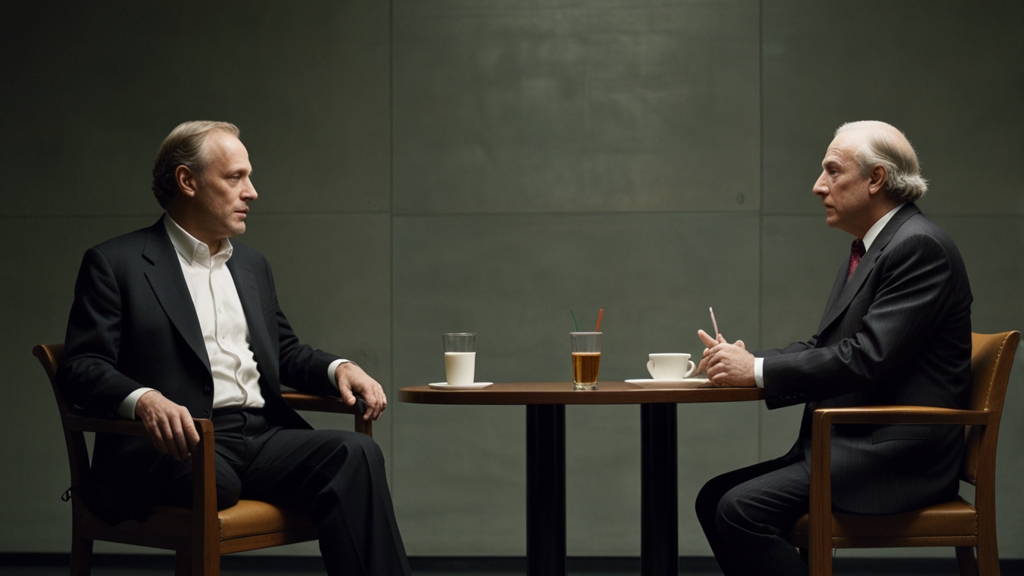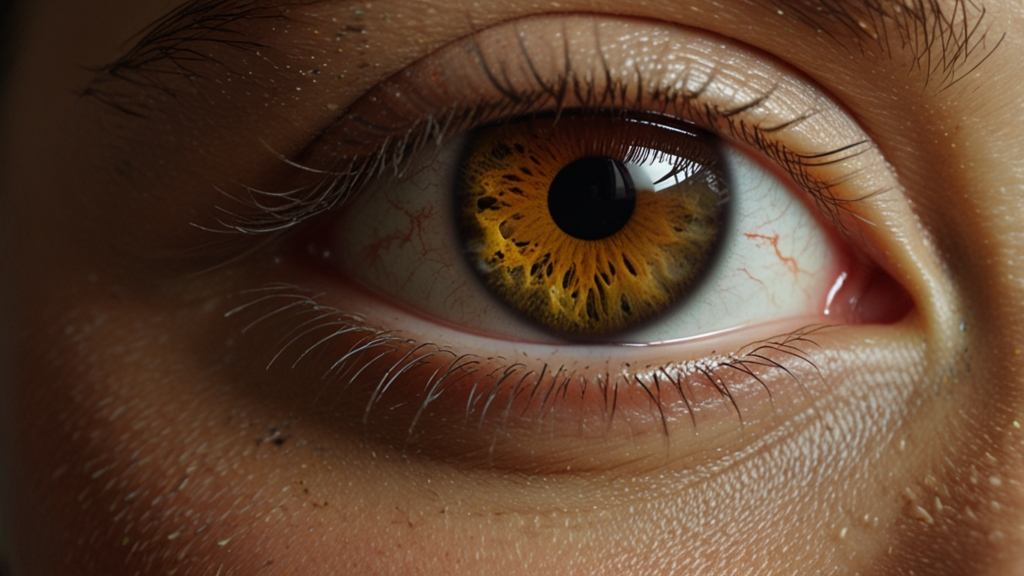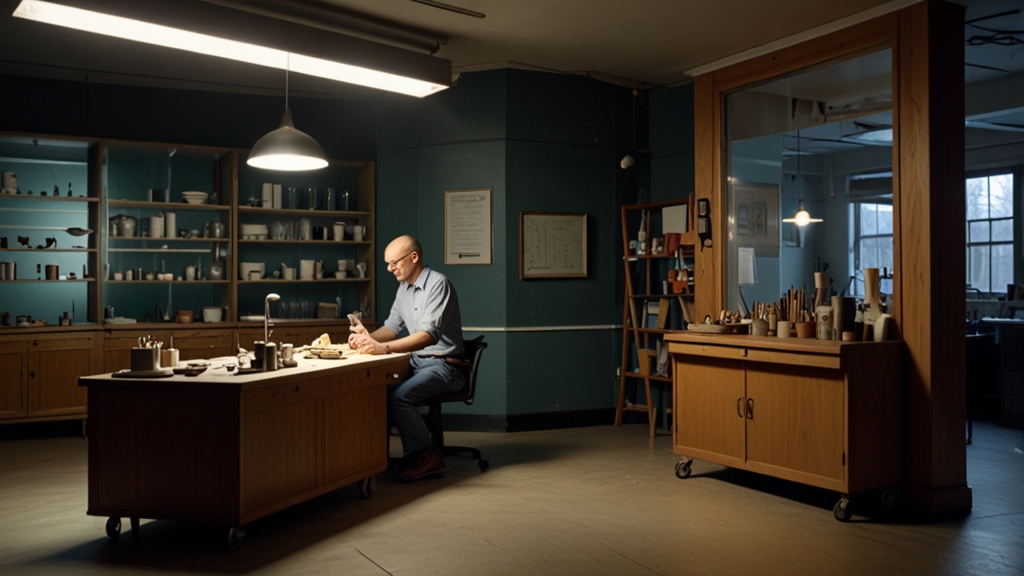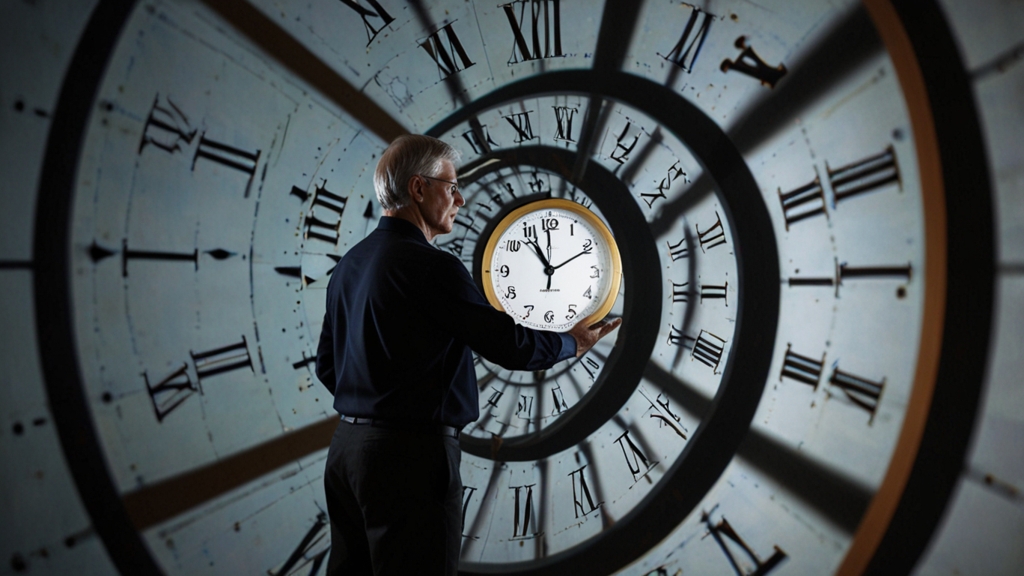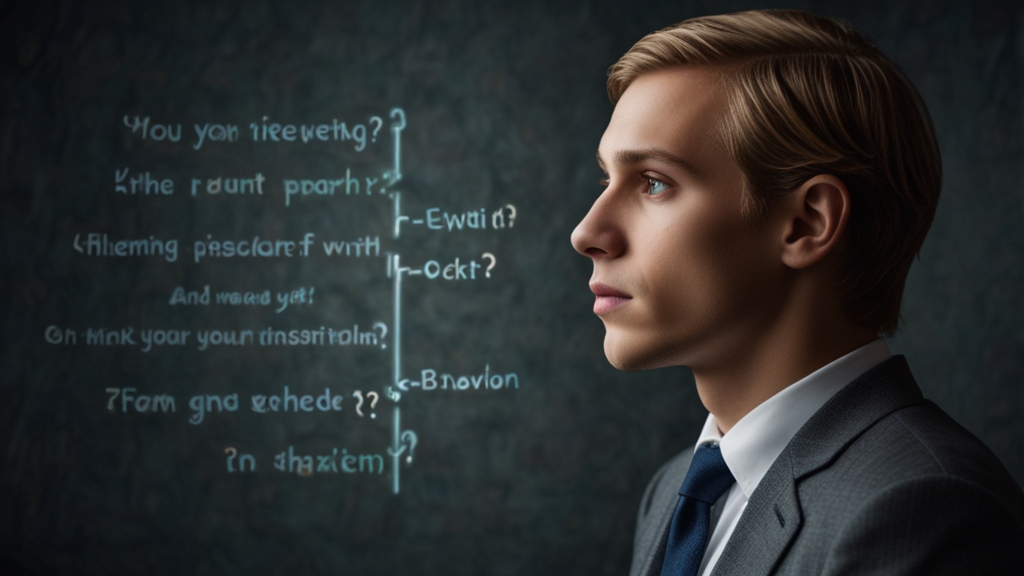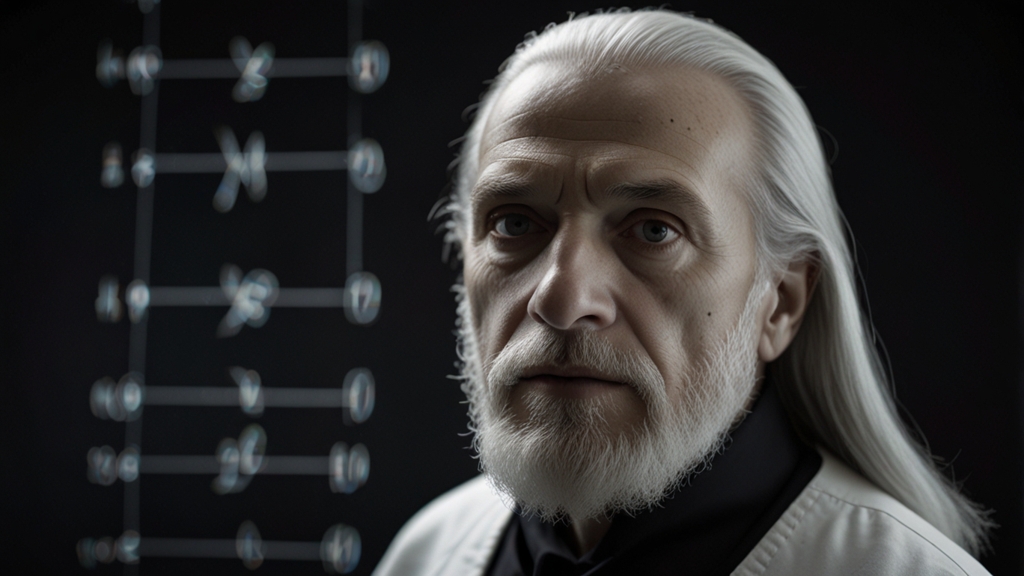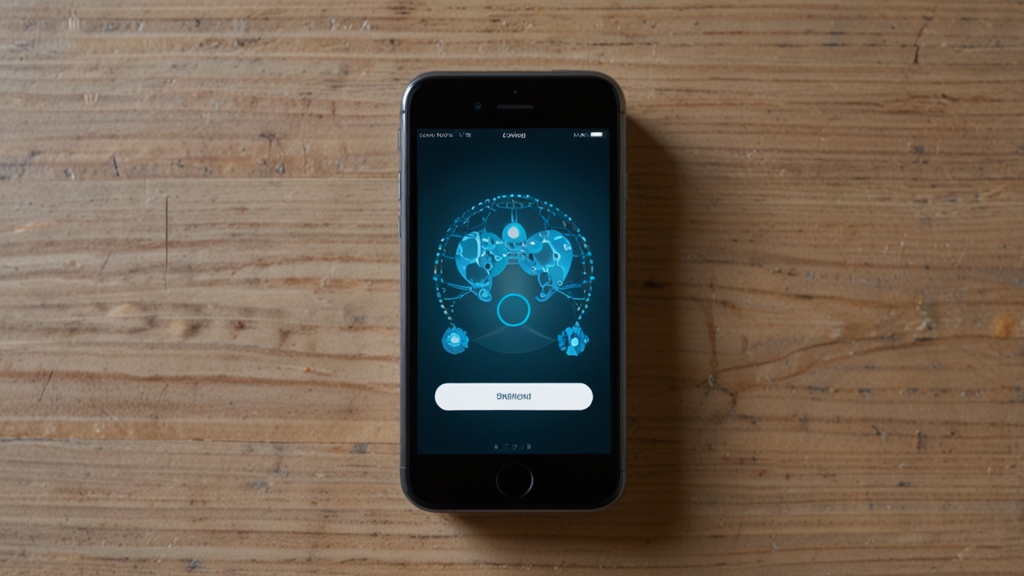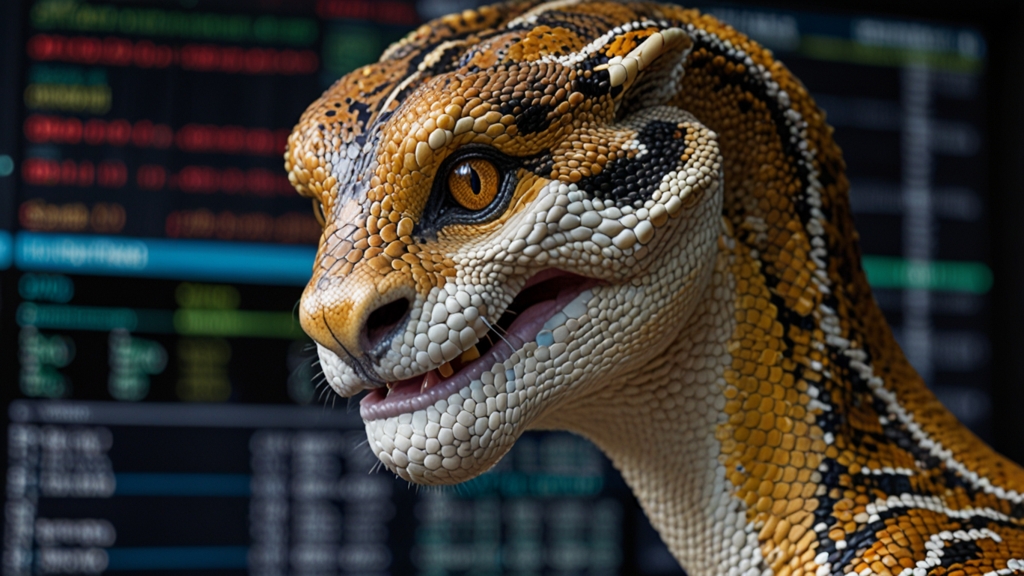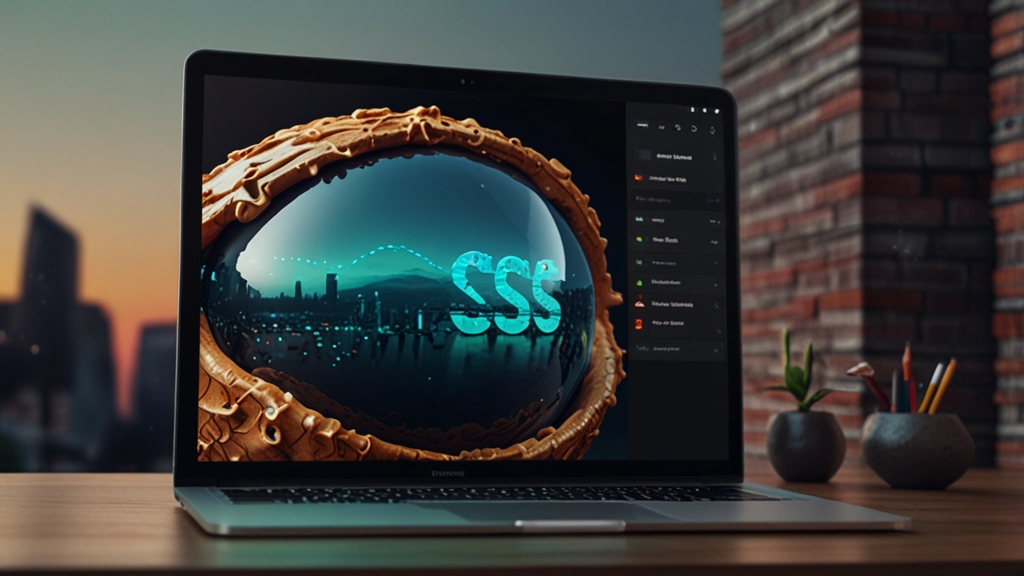Do We Really Have Free Will? Philosophical Debates Explored
Free will is one of the most profound and contentious topics in both philosophy and science. The question of whether we are truly free to make our own choices or if our actions are determined by various factors beyond our control has intrigued thinkers for centuries. This article delves into the critical arguments and debates surrounding the concept of free will, exploring different perspectives and their implications.
Determinism vs. Libertarianism
At the heart of the free will debate lies the conflict between determinism and libertarianism. Determinism is the idea that all events, including human actions, are determined by preceding events in accordance with the natural laws. According to determinists, everything in the universe follows a chain of cause and effect, leaving no room for free will.
On the other hand, libertarianism posits that humans have genuine free will and that certain actions are not predetermined. Libertarians argue that individuals have the capacity to make free choices that are not wholly determined by past events or natural laws.
"I ought to be free to choose freely, and to account for my choices myself." - Jean-Paul Sartre
Compatibilism: Bridging the Gap
In the midst of the determinism vs. libertarianism debate, compatibilism emerges as a middle path. Compatibilists believe that free will and determinism are not mutually exclusive and can coexist. They argue that human actions can be predetermined by prior causes, yet still be free if the individual is not coerced and is acting according to their desires and intentions. This perspective attempts to reconcile the intuitive sense of freedom with a naturalistic view of the universe.
The Illusion of Free Will
Some philosophers and scientists, particularly those influenced by neuroscience, suggest that free will may be an illusion. Research in brain science has shown that decisions may be initiated in the brain before we become consciously aware of them. This has led some to argue that our sense of making free choices is merely a byproduct of neurological processes that operate deterministically.
"The more we discover about the brain, the more options seem to be eliminated from the range of choices we possess." - Sam Harris
The Ethical Implications
The question of free will is not just an abstract philosophical quandary; it has significant ethical implications. If free will does not exist, it challenges the cornerstone of moral responsibility. Can individuals be held accountable for their actions if they have no real control over them? This issue extends to the legal system, where notions of culpability and punishment are based on the assumption that people have the freedom to choose between right and wrong.
Personal Agency and Meaning
Despite the debates and scientific findings, many people continue to believe in free will because it resonates with their personal experience. The feeling of being able to make choices and exert control over one's own life is deeply ingrained in human consciousness. It provides a sense of agency and meaning that is crucial for psychological well-being.
"Man is condemned to be free; because once thrown into the world, he is responsible for everything he does." - Jean-Paul Sartre
Conclusion
The debate over free will is far from settled and continues to inspire vigorous discussion and exploration. Whether through the lens of determinism, libertarianism, compatibilism, or the viewpoint that free will is an illusion, the complexities of human freedom remain a rich field of inquiry. What is clear is that this question touches on fundamental aspects of human nature, ethics, and our understanding of the universe.
As we navigate through these philosophical terrains, the exploration of free will challenges us to reflect on our own lives, choices, and the essence of what it means to be human.
